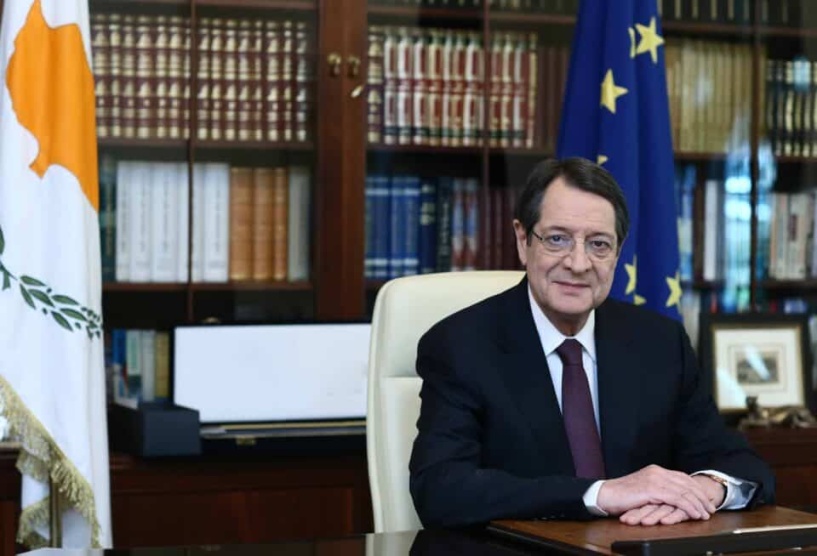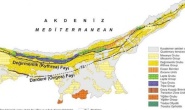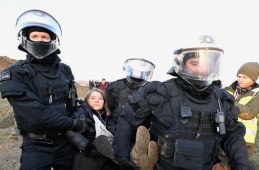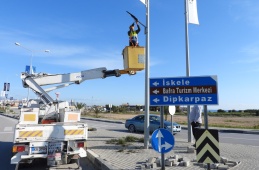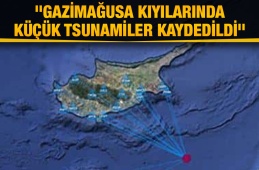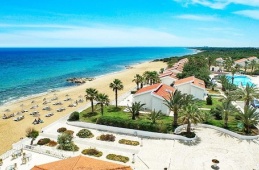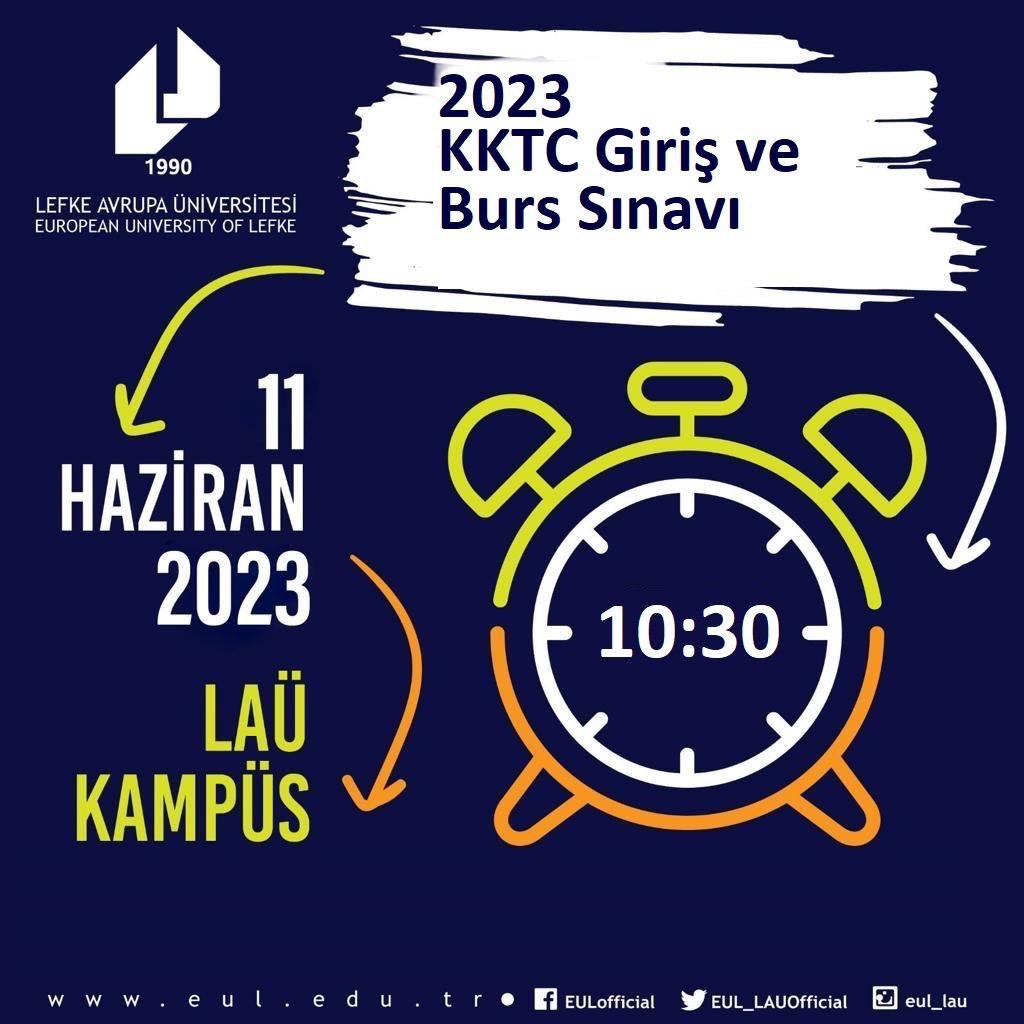The new president of Cyprus must learn to put aside ideological differences for the good of the country, as a slew of external crises are expected to continue into 2023, President Nicos Anastasiades said on Saturday in his New Year message – his last as president.
Reflecting on his 10 years in the post, he said that Cyprus has endured and overcome a number of challenges including the financial crisis, the global Covid-19 pandemic, but “the open wound” of the country is the unresolved Cyprus problem.
“It is with great sadness that, while leaving this office, I have to record my disappointment for not having achieved one of the visions that had led me to become actively involved in the political life of the country.”
In his speech, Anastasiades advised his successor, as well as the country’s political forces to overcome legitimate ideological differences and cooperate to maintain the political and economic stability of the country. He also focused on the importance of a permanent solution of the Cyprus problem “without ever disregarding the concerns of our Turkish Cypriot compatriots”.
Looking ahead, the new government will have to face external crises “and the open wound of the Cyprus issue because of Turkish intransigence”, he said.
“I would really have been happier today if I were delivering my broadcast message as president of a reunified country, without occupation forces, guarantees and anachronistic intervention rights. If I were speaking as president of a functional state fully aligned with the European principles and values, that would safeguard the human rights of its European citizens as a whole, Greek Cypriots and Turkish Cypriots alike.
“A state that would give us the right to hope for prosperity and joint creativity; where we would not speak of north and south but of the Federal Republic of Cyprus, with full respect for the rights of each one of the communities, based on the Resolutions and decisions of the United Nations.”
Anastasiades thanked the public for the trust and patience it had given him as president.
In the past 10 years, Cyprus has faced a number of challenges ranging from being on the brink of bankruptcy, to tackling the Covid-19 pandemic and now the impact of Russia’s invasion in Ukraine.
“In addition to the inflationary trends caused by the pandemic, we had to deal with the negative economic effects from the sanctions rightfully imposed by the European Union and many other countries against Russia.
“This in turn brought about the energy crisis and consequent negative effects in many other sectors of the economy, with forecasts anticipating recession rather than growth for the year we are about to welcome.”
Despite all the challenges and notwithstanding the negative financial consequences being recorded on a global scale, “our small country has succeeded to manage them effectively, scoring growth rates of six per cent in 2022, which is double the average EU rate.”
For 2023, which is considered a recession year for most countries, growth in Cyprus will range between three to 3.5 per cent, he added. The budget for the next year “presents surpluses despite increased development costs, while in the next two years we are expected to have almost full employment conditions, against today’s 6.8 per cent unemployment rate”.
Anastasiades described the Cyprus Tomorrow plan as the legacy he and his government will leave behind. “A project that provides for the realisation of another 58 reforms and 75 investments, with a financial impact of more than €4.4 billion and the subsequent creation of thousands of new jobs.”
The president added he was “exceptionally proud” that at the end of his term he would be handing over a state that is economically robust and strong, that “finally has its own health system for all its citizens without exclusions”.
He heralded Cyprus as a country effective in managing and protecting the vulnerable groups of the population, with a minimum guaranteed income, minimum guaranteed wage and pensions above the poverty threshold, while a host of other measures make it a “veritable welfare state”.
Development projects have regenerated and reshaped municipalities and communities, while the state has a reorganised administration through important reforms, with digital transformation in full swing. He also noted a new justice administration system and other mechanisms to combat corruption.
“I once again thank you from the bottom of my heart for the trust and love you have shown me, wishing health and happiness to all and to each one of you, in the hope that the New Year will bring our country peace and hope for a secure and safe future for all.”


